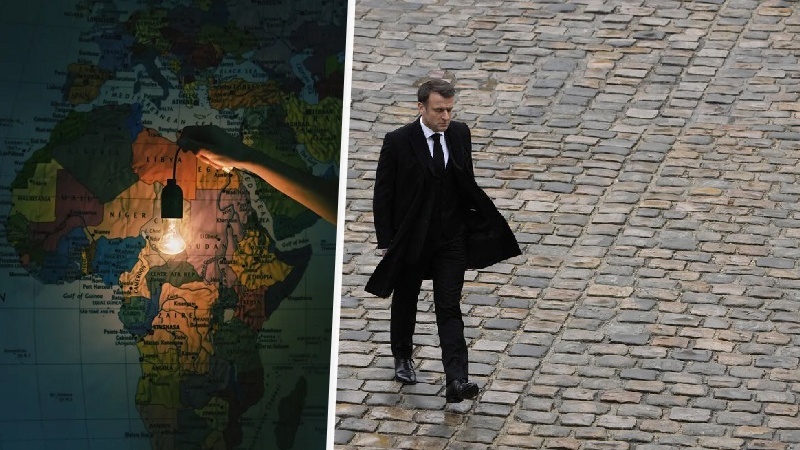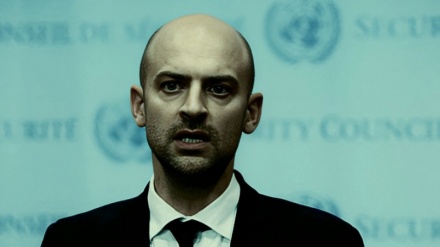Pars Today's Iran and world news package
Why are African countries expelling French troops?
-

Why are African countries expelling French troops?
Pars Today - The domino effect of expelling French troops from African countries continues, and in the coming weeks, the French will also withdraw from Ivory Coast. Alassane Ouattara, the President of Ivory Coast, recently announced the withdrawal of French troops by the first quarter of 2025, stating: We can take pride in our own army, which has now been modernized. In this framework, we have decided on a coordinated and organized withdrawal of French forces.
The date for the withdrawal of French troops has been set for February 20.
According to Pars Today, the expulsion of French troops from African countries has begun in recent years despite Paris's decades-long direct and indirect control over many African nations, particularly those in West and Central Africa. In fact, France has not only exploited the natural resources and strategic locations of many African countries but has also expanded its dominance over various nations on the continent through military presence, apparently to help establish security and combat terrorist groups.
Despite all of France's policies, increased political awareness and societal transformation across Africa in recent years have led many countries on the continent to demand justice. They no longer accept the presence of foreign powers like France or their colonial policies.
Most of these countries, having experienced the era of colonization and the suffering it brought, are now more than ever pursuing growth and development in various political and economic dimensions and seeking to use maximum opportunities in this direction. Therefore, they no longer tolerate the presence of outsiders or their colonial policies.
The beginning of the expulsion of French troops over the past year from various African countries, criticism of France's policies in Africa, the creation of regional cooperation frameworks, and the expansion of trade, economic, and political relations at the regional and global levels are among the reasons indicating that African countries can no longer tolerate Paris's colonial policies.
In this regard, Chad’s Foreign Minister Abdelrahman Ghulamallah stated: "French leaders must realize that they need to respect the people of Africa."
Over the past year, these countries have acted in such a way that French officials have been forced to acknowledge and accept fundamental changes in the political and social landscape of Africa. The French President Emmanuel Macron recently acknowledged: Africa is changing because public opinion and governments are changing.
In fact, the process of expelling French troops, which began in Mali and was followed by Niger, Nigeria, Chad, Senegal, and Burkina Faso, has now reached Ivory Coast. These countries have officially expelled French troops, closed French military bases, and demanded recognition of the independence and aspirations of African nations based on mutual respect.
The Austrian Institute for International Policy wrote on this topic: The move by African countries to expel French troops is part of a broader trend toward asserting independence and emphasizing national sovereignty.
A researcher at the Austrian Institute for International Affairs, also commented: Military presence in Africa was one of the last symbols of France's hard power, which has now lost its significance.
African countries, in this new era, are striving to officially declare the end of European colonialism, especially French colonialism, in the continent by adopting anti-colonial policies. They aim to transform themselves into independent and powerful actors on the international stage.
Switzerland's Le Temps newspaper wrote on this topic: "In recent years, the African continent has experienced very rapid social and political changes. This sudden awakening and growing awareness in African society have disrupted Europe's traditional perceptions of the continent. In the course of this awakening, young people are demanding more democracy and fair distribution of resources instead of allowing the vast wealth of African countries to be handed over to Westerners."
MG


